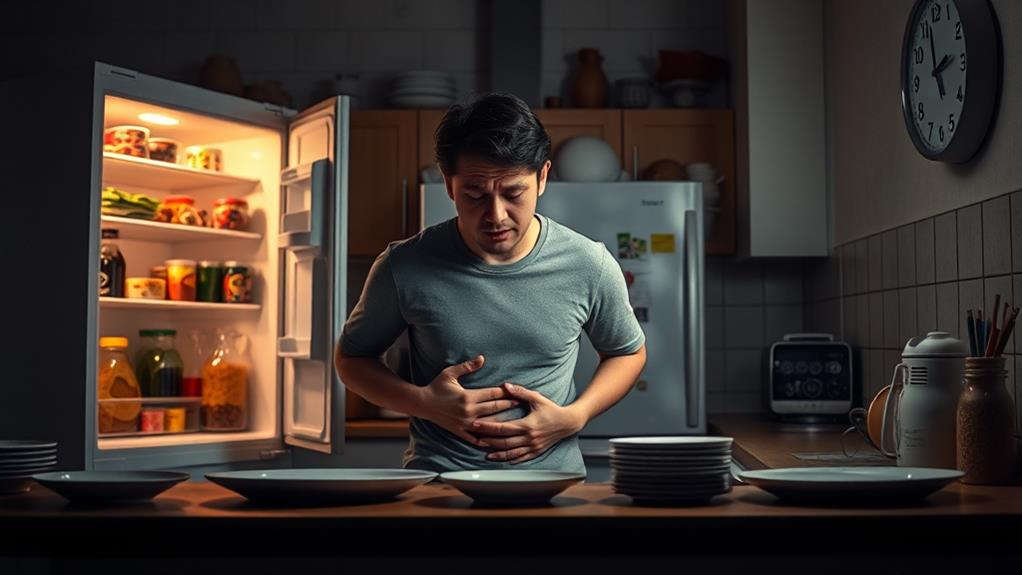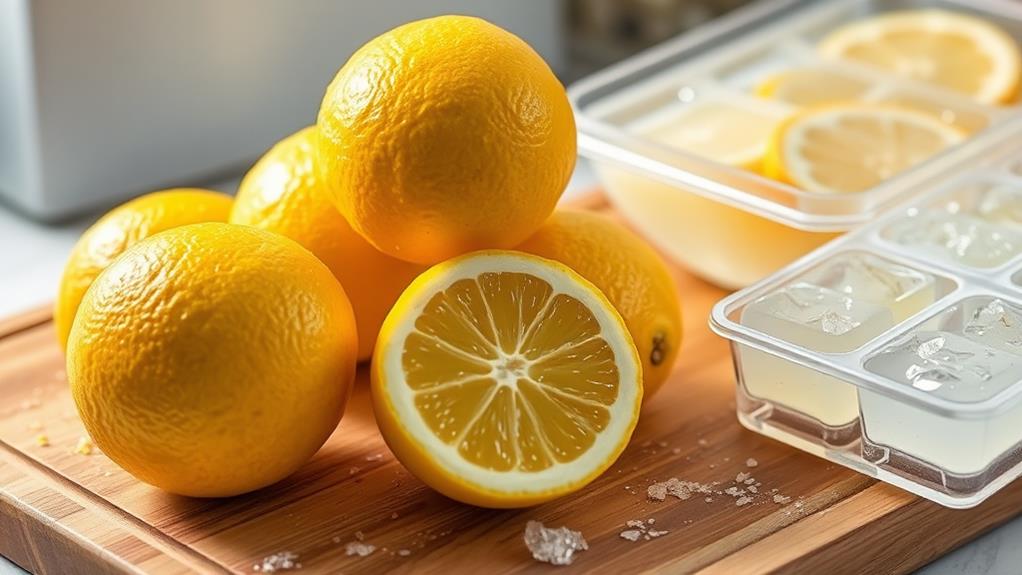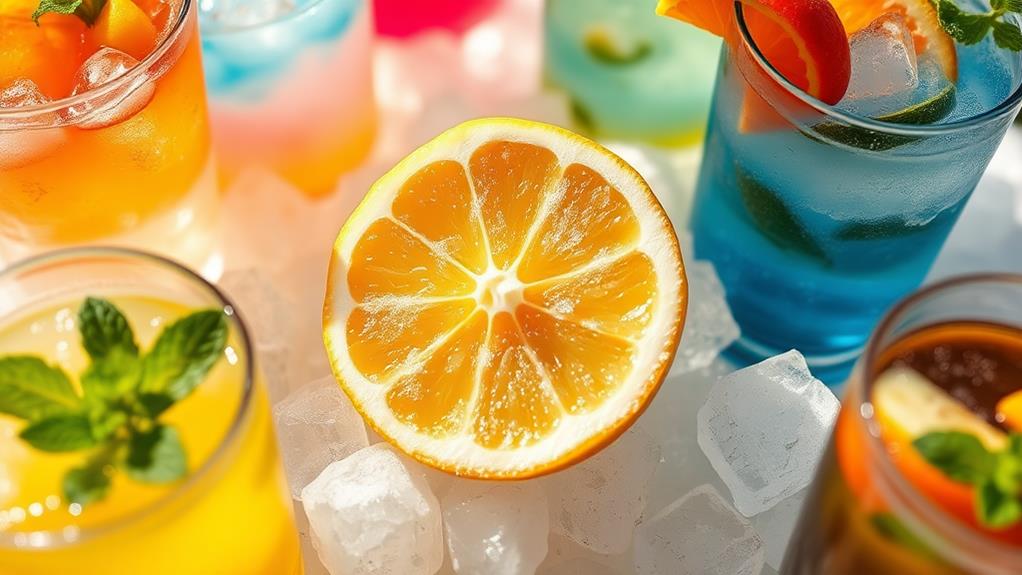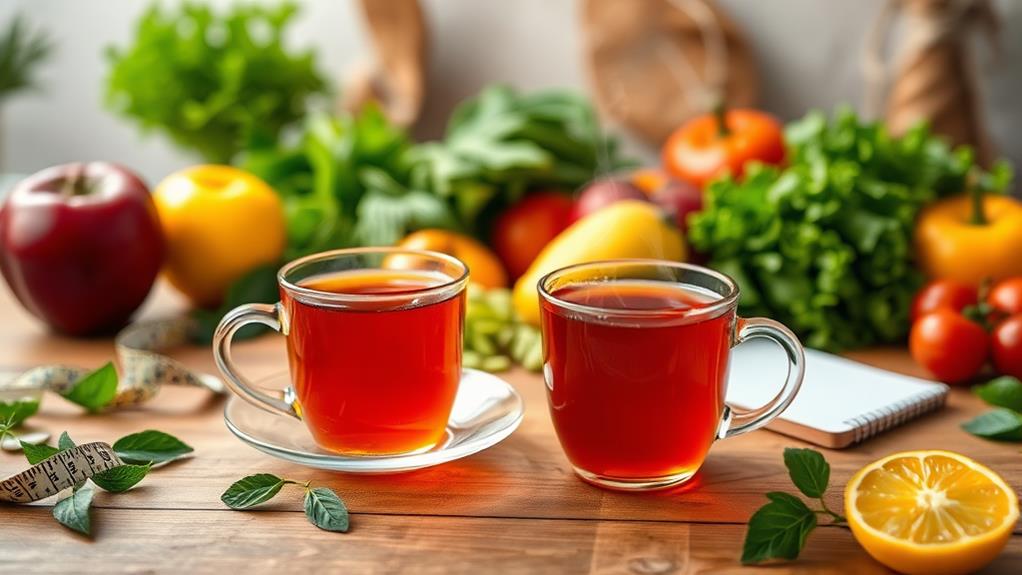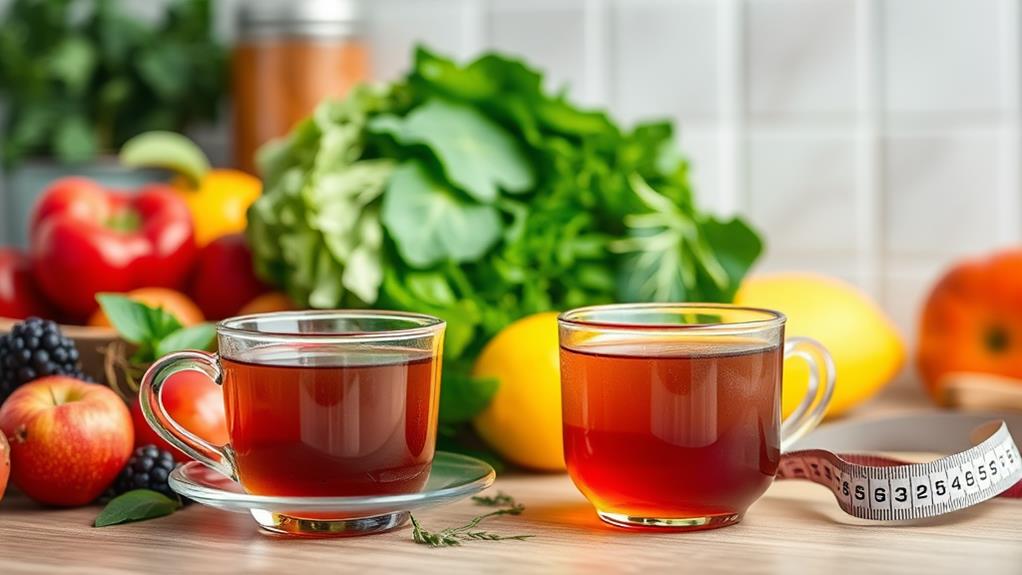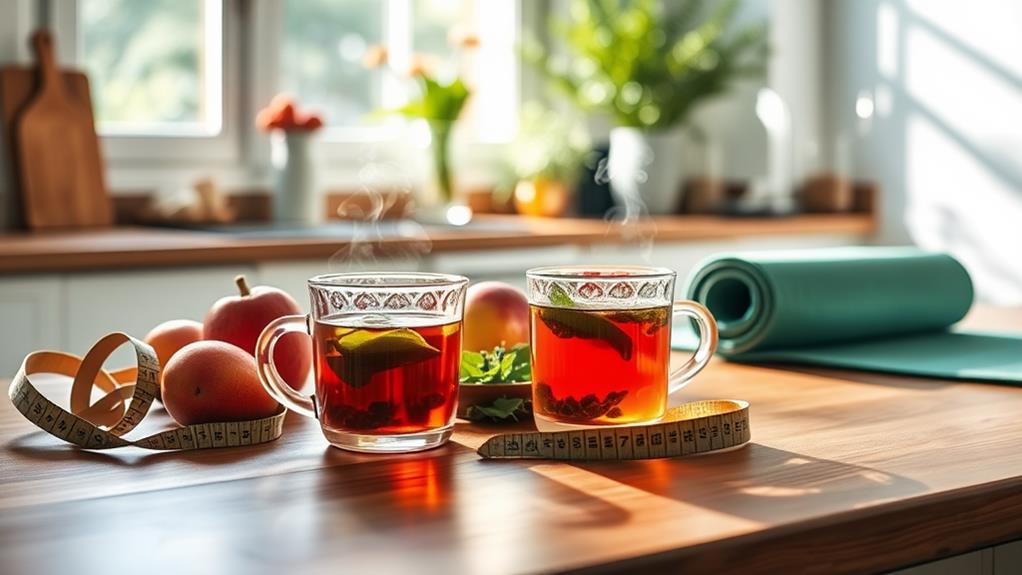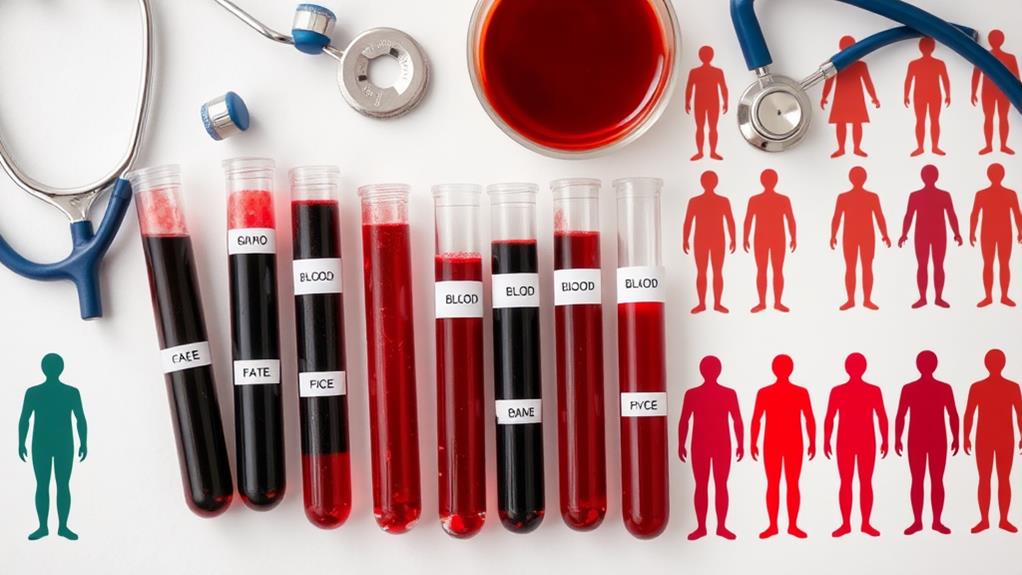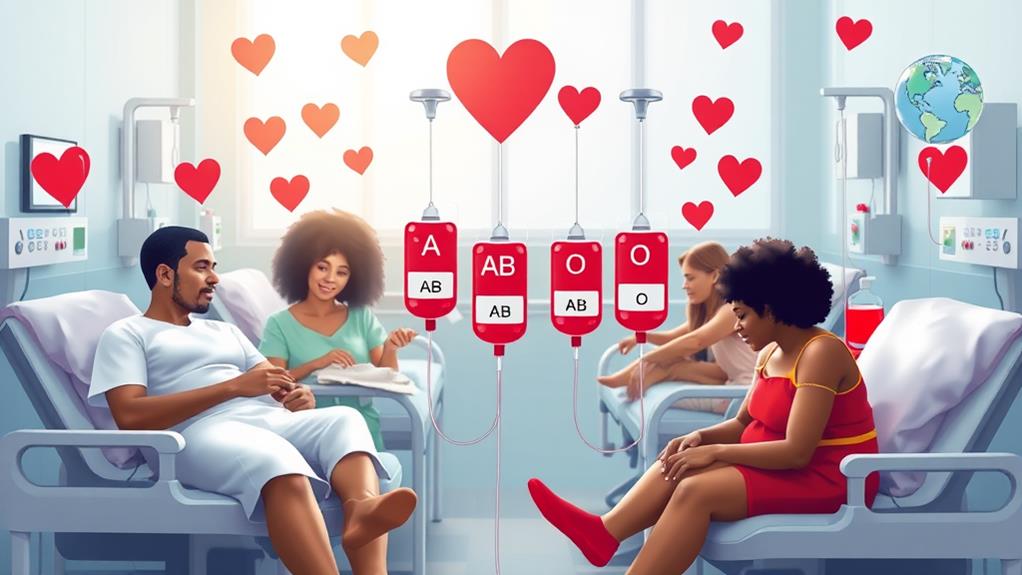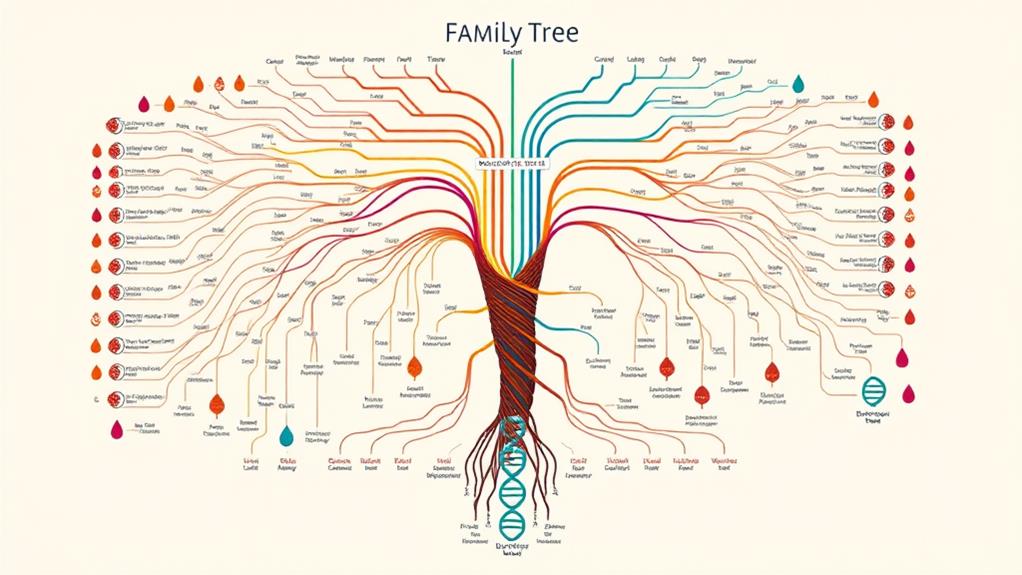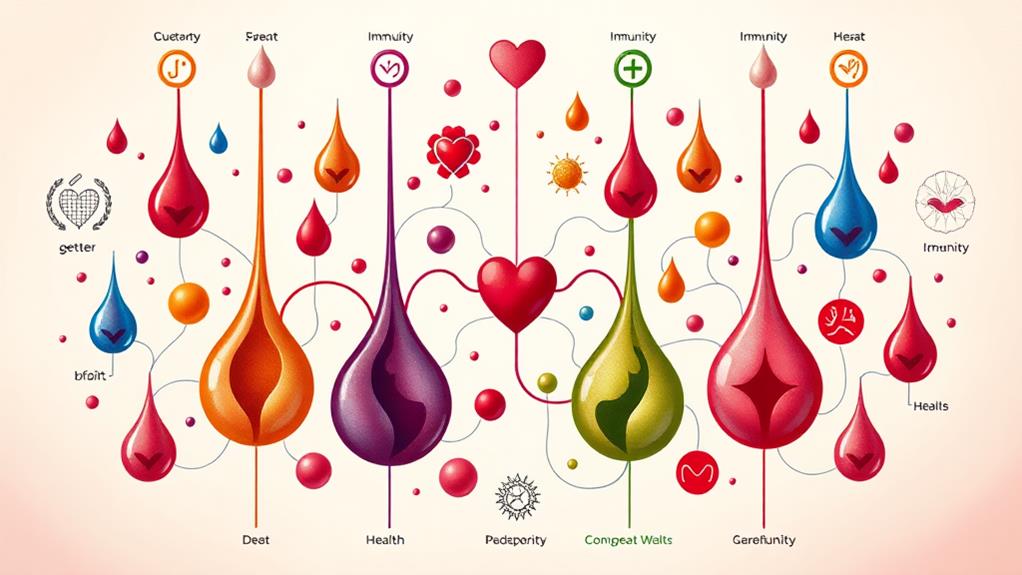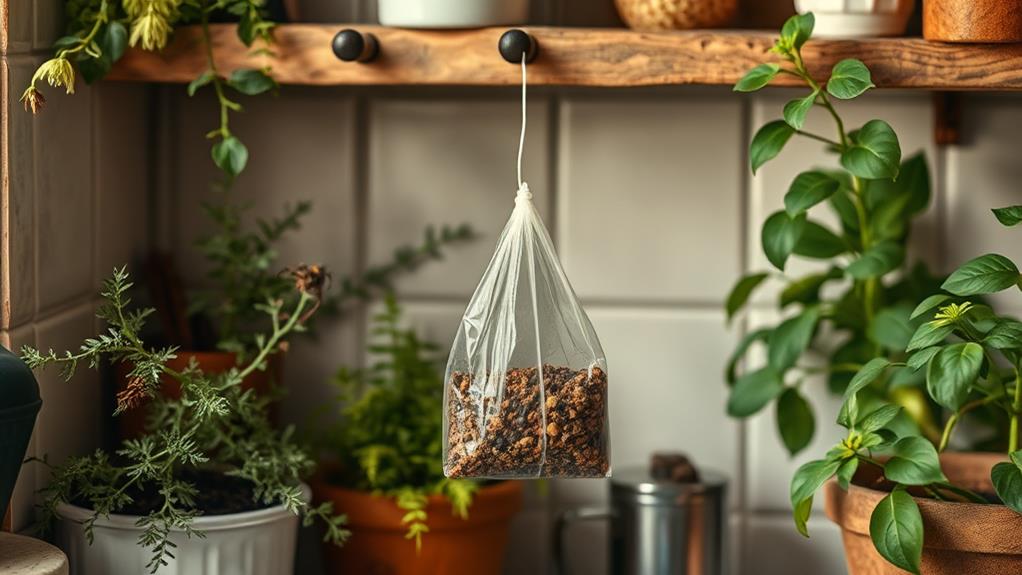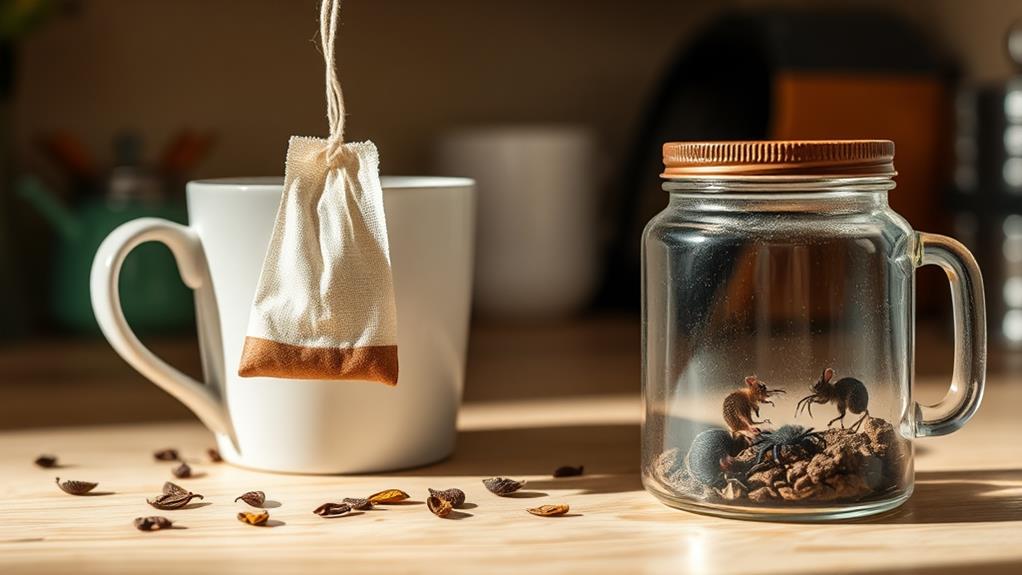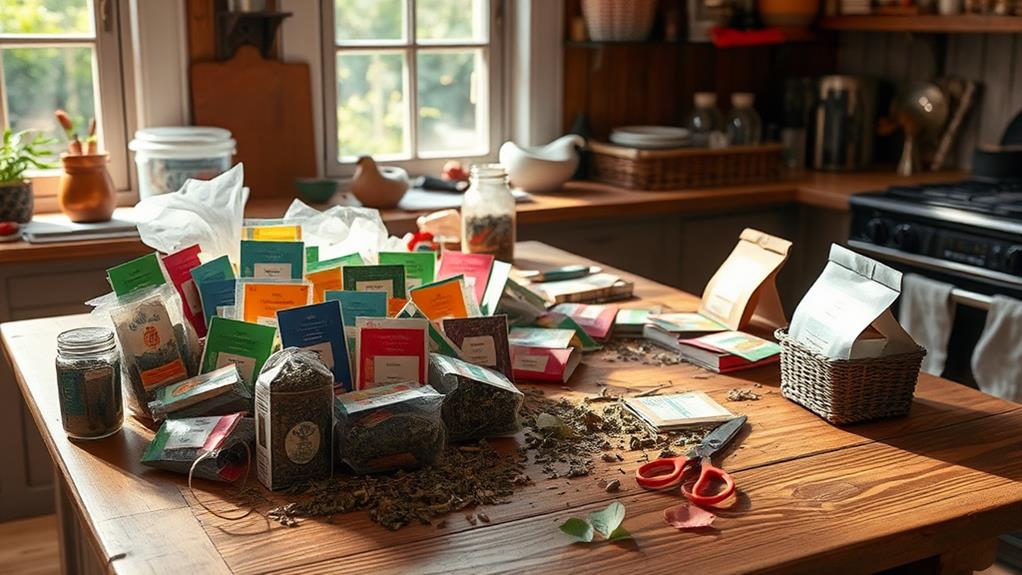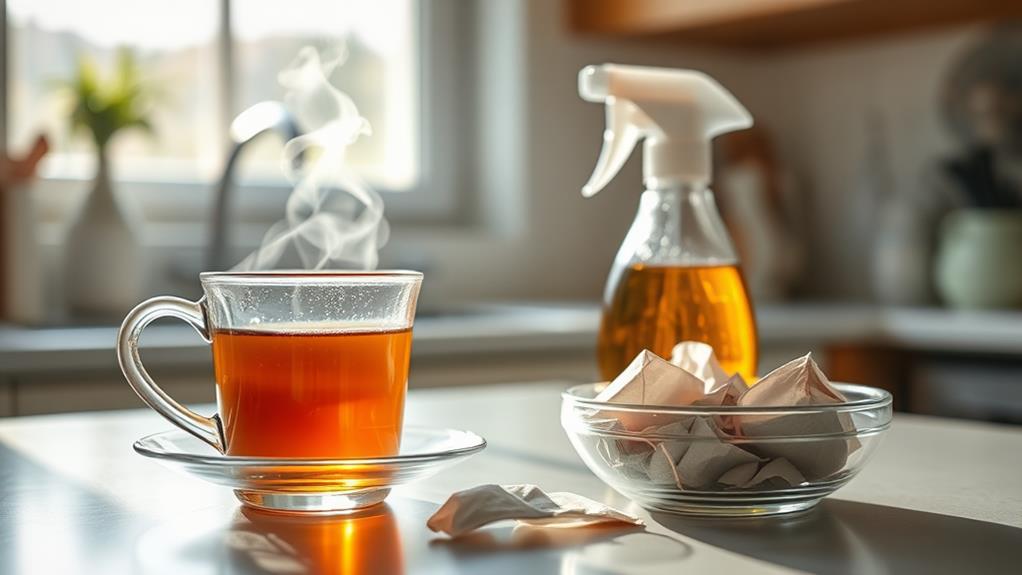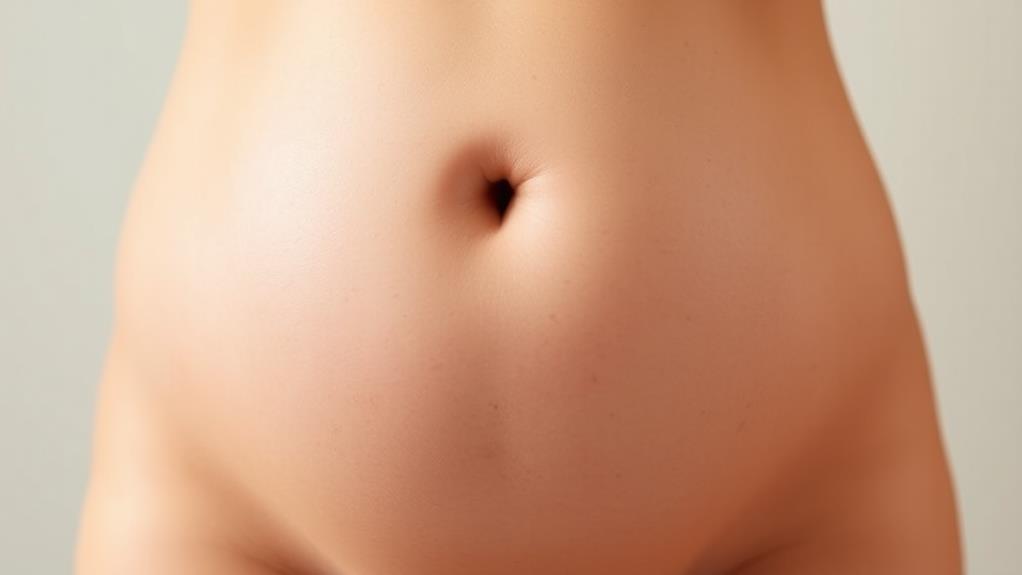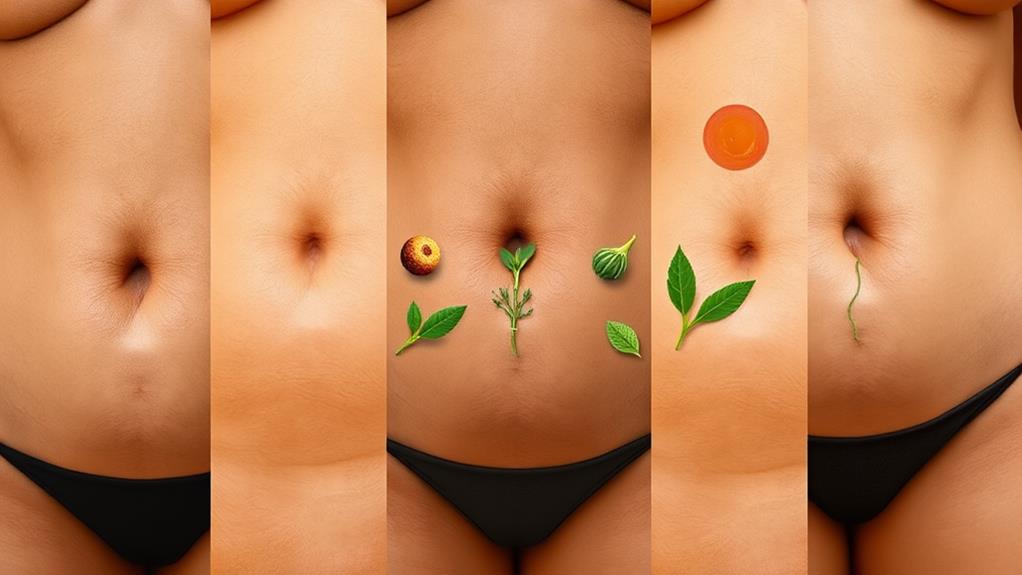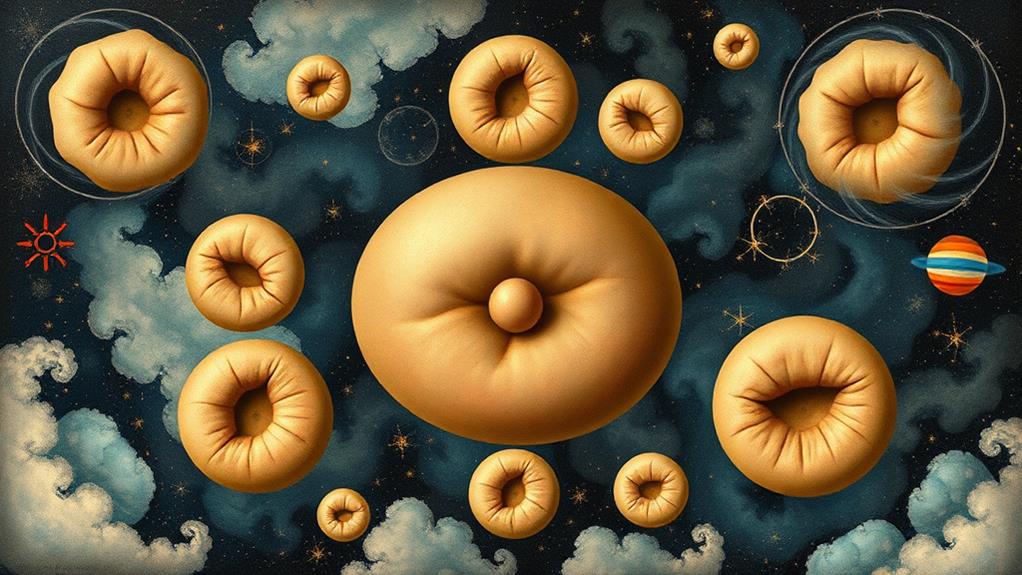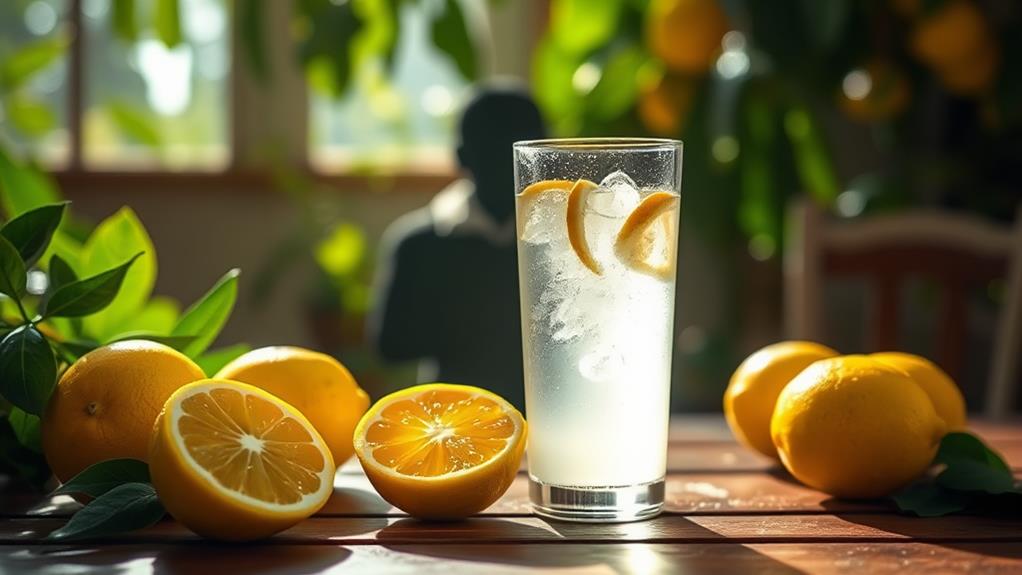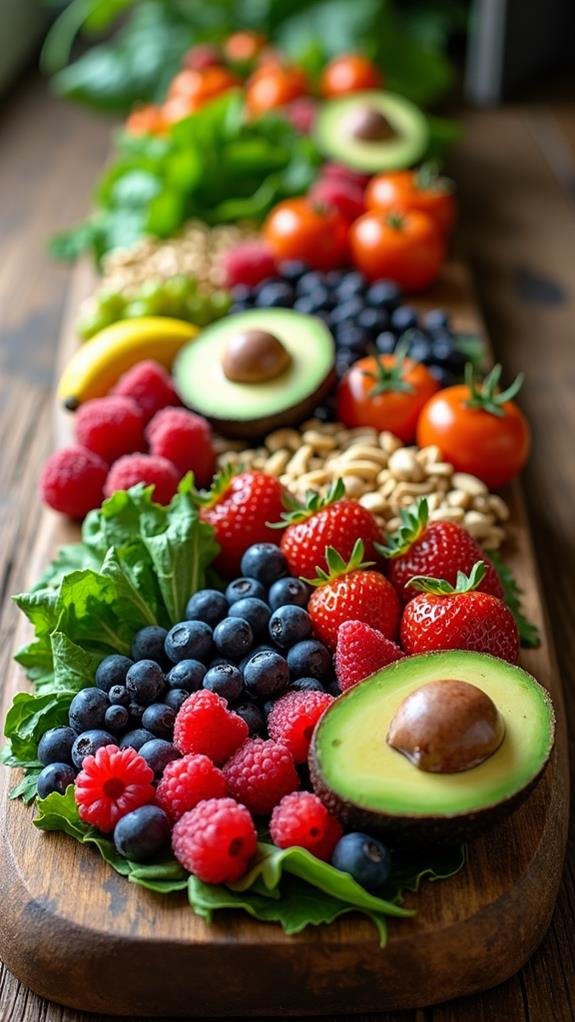You might think skipping breakfast or working out on an empty stomach is no big deal, but it could lead to some surprising consequences. For example, did you know that taking medication without food can cause discomfort or even reduce effectiveness? And that's just the tip of the iceberg. From the decisions you make to the drinks you enjoy, doing certain things without fuel can really impact your day. Curious about what else you should avoid? Let's explore these nine critical pitfalls together.
Take Medications
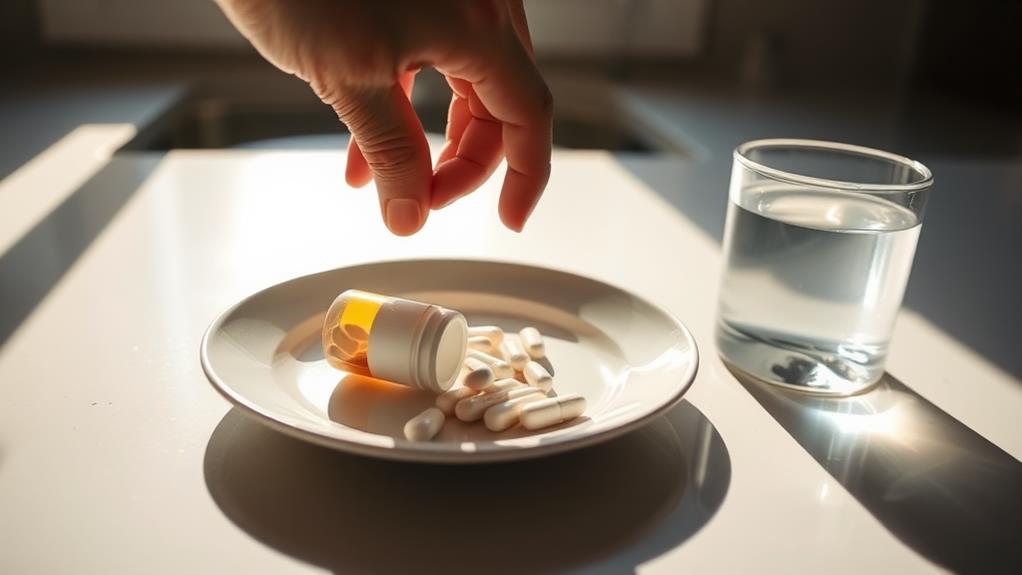
Taking medications on an empty stomach can be risky for your health. You might think it's no big deal, but it can lead to some uncomfortable issues.
For instance, if you take anti-inflammatory medications without eating first, you could end up with a sore stomach or even ulcers. Yikes!
Many medications work best when you eat something alongside them. Food can help your body absorb the medicine better, making it more effective.
Plus, if you feel full, you're less likely to experience nausea or discomfort, which can happen when you take medications on an empty stomach.
Sleep
Going to bed on an empty stomach can disrupt your sleep more than you might realize. When you're hungry, your glucose levels drop, making it harder for you to catch those Z's. You might think you can just drift off, but hunger can actually keep you tossing and turning all night.
Not to mention, it can release those pesky stress hormones, making it tough to relax and unwind.
So, here's a tip: if you're planning to sleep soon, don't skip dinner! Not eating can leave you feeling cranky and low on energy, which isn't great for a good night's rest. You might even wake up too early, leaving you with less energy to tackle the day ahead.
To avoid these sleep disruptions, you should NEVER underestimate the power of a small bedtime snack. A little something before bed can help stabilize your blood sugar and reduce those annoying nighttime awakenings.
Drink Alcohol

When you drink alcohol on an empty stomach, you're setting yourself up for a rough experience. Your body absorbs alcohol much faster without food, which means you'll feel tipsy or even drunk quicker than you might expect. This can lead to severe headaches and a hangover that feels like a freight train hit you the next day. Ouch!
Not only that, but drinking without eating can mess with your mood and behavior. You might make decisions you wouldn't normally consider, like dancing on tables or sharing your deepest secrets with strangers.
Plus, your body struggles to process the alcohol efficiently, increasing the chance of adverse effects.
On the flip side, having a bite to eat before you sip can really help! Studies show that munching on food can lower your blood alcohol concentration, keeping you safer and more in control.
So, think of a tasty snack as your superhero shield against the boozy aftermath. It's all about balance, right?
Next time you're planning to drink, remember to grab a snack first. Your future self will thank you (and your head will too)!
Exercise
Drinking alcohol on an empty stomach isn't the only thing that can lead to unwanted consequences; exercising without proper nutrition can also be detrimental.
Imagine hitting the gym, all pumped up, only to realize you've got less energy than a sloth! When you skip your pre-workout snack, you might end up with reduced muscle mass and lower energy levels. That's a workout killer right there!
Without the right fuel, your body can't burn calories effectively, which means your fitness goals might stall. Who wants that? A small snack, like some fruits or nuts, can make a huge difference. It'll help you avoid dizziness and fatigue while you're sweating it out.
Plus, eating before you exercise supports your energy levels and boosts your endurance.
Let's not forget about muscle recovery. If you don't munch beforehand, you could feel sore for longer and even risk getting hurt.
Grocery Shop
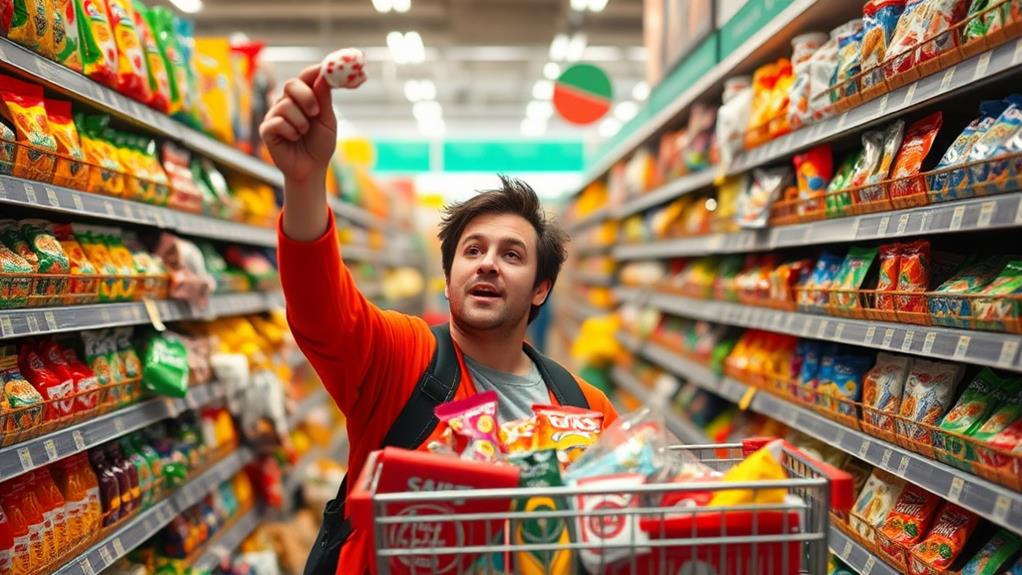
Stepping into the grocery store on an empty stomach can be a recipe for disaster.
When you're hungry, cravings hit hard! You might find yourself reaching for all those tempting snacks and junk food you usually skip. Research shows that when your insulin levels are low, your body craves sweet and fatty foods. That means those chips and cookies might suddenly look irresistible!
Not only do you end up with a cart full of junk, but you also spend way more money than you planned.
You might exceed your budget just because those sugary treats are calling your name. It's like a sneaky little monster taking over your shopping list!
Chew Gum
Heading to the store on an empty stomach can lead to impulsive purchases, but chewing gum isn't the answer either. You might think popping in a piece of gum will silence those hunger pangs, right? Unfortunately, that's not how it works.
Chewing gum doesn't satisfy your hunger at all. In fact, it can make you feel hungrier! When you chew, your stomach thinks food is coming. It starts producing gastric fluid, which can lead to discomfort or even indigestion if your stomach is empty.
Plus, if you make a habit of chewing gum on an empty stomach, you could be setting yourself up for issues like stomach inflammation. That's definitely not fun!
And let's not forget about jaw fatigue. Chewing too much gum can make your jaw sore, especially when your stomach is growling for real food.
Drink Coffee
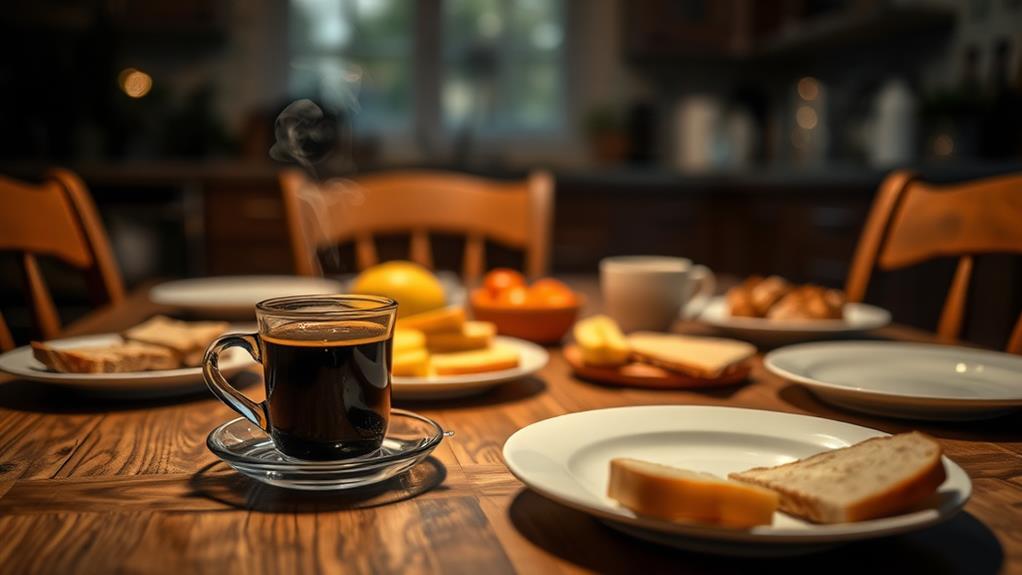
You might think a cup of coffee will kickstart your day, but studies show it can mess with your insulin sensitivity, which might throw off your blood sugar levels later.
That's a recipe for mood swings, irritability, and just feeling off. And let's be real; nobody wants to be the grumpy person in the morning meeting!
For the best results, pair your coffee with a balanced breakfast. A little food can help calm those caffeine jitters and keep your energy steady.
Make Decisions
Making decisions on an empty stomach can lead to regrettable choices. When you're hungry, your brain isn't working at its best. It needs food for energy, just like a car needs gas. If you're low on fuel, you'll probably make snap decisions that you might regret later.
Studies show that hunger can make you impulsive, which isn't great when you're trying to think things through.
Plus, being hungry can mess with your emotions. You might feel irritable or cranky, making it harder to communicate or negotiate effectively. Imagine trying to strike a deal when you're hangry! It's not a pretty picture.
Regular meals help keep your mood stable and your brain sharp, so you can focus on the important stuff.
Skip Meals
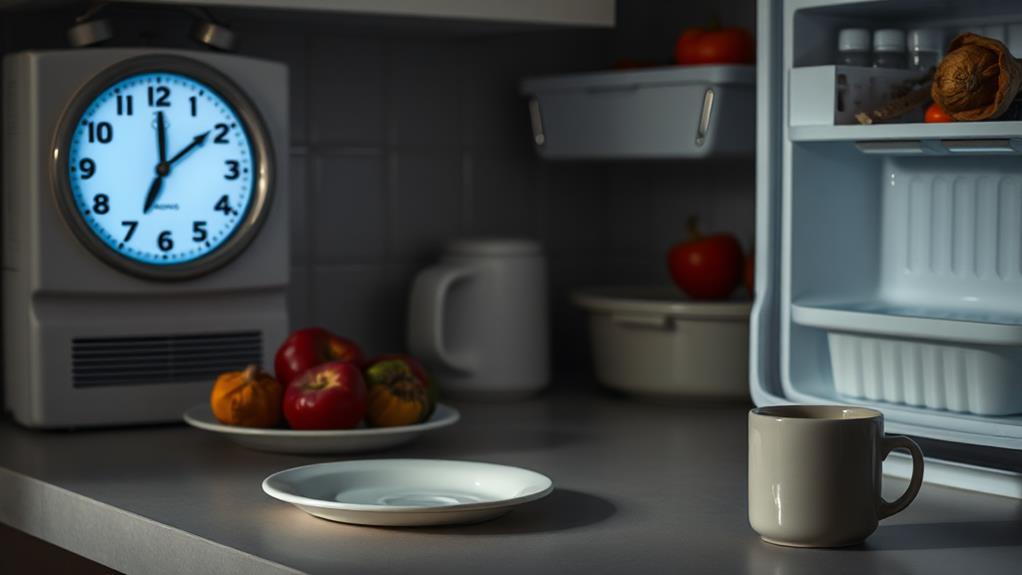
Skipping meals might seem like a harmless choice, but it can have significant consequences on your health and well-being. When you skip a meal, you might feel low on energy and even a bit grumpy. It's hard to focus on homework or chores when your stomach's growling like a bear!
Plus, if you keep this up, you could miss out on important nutrients, which might increase your chances of serious health issues like diabetes or heart disease.
Being hungry can also mess with your brain. You might struggle to make good choices, leading to irritability and mood swings. Ever made a poor decision just because you were starving? It happens!
And don't forget about your metabolism—it slows down when you don't eat regularly, making it harder to manage your weight.
To keep your blood sugar levels steady and avoid feeling like a zombie, it's important to have regular meals and snacks. So, grab that snack or make time for lunch, and keep your body and mind happy!

